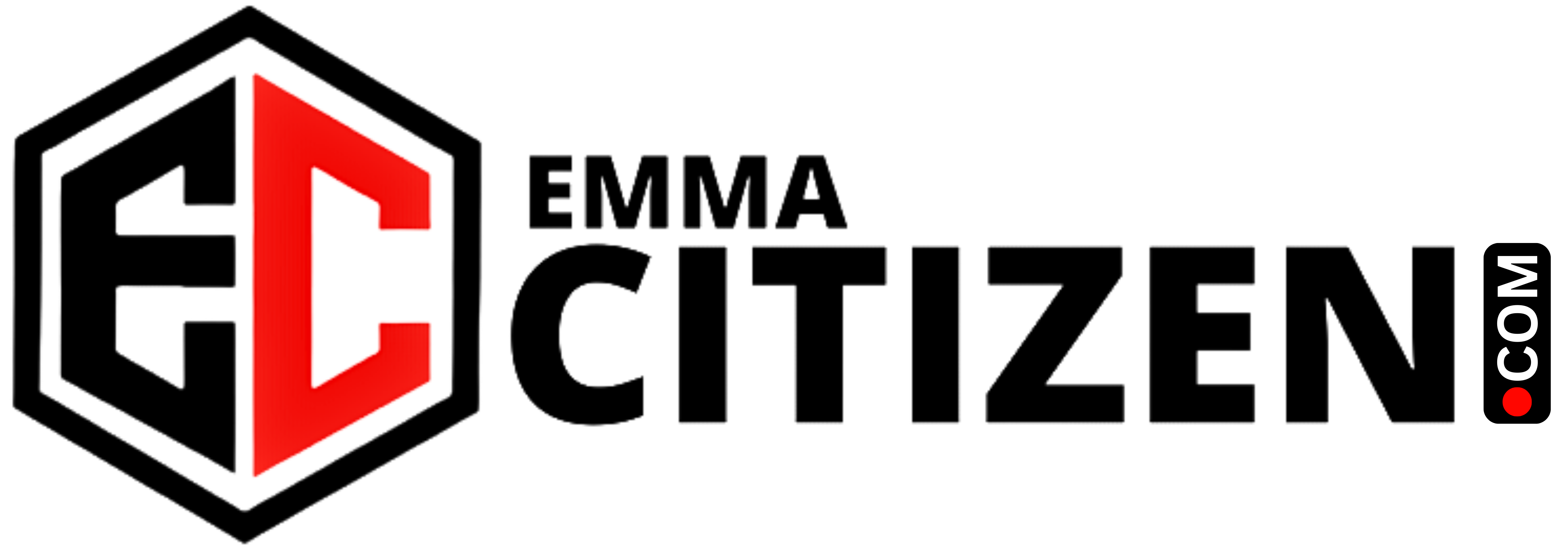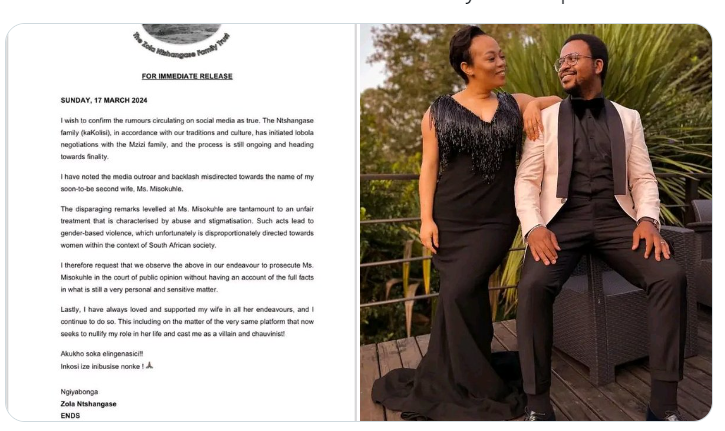Masters in Medical Laboratory Science Scholarships for International Students: For international students aspiring to advance their careers in medical laboratory science, scholarships can play a crucial role. Various institutions and organizations offer financial assistance specifically for those pursuing a Master’s degree in this field. These scholarships not only alleviate the financial burden but also enhance accessibility to quality education for deserving candidates worldwide.
Navigating the scholarship landscape can seem daunting, but numerous resources are available to guide students in their search. Many universities provide specific scholarships for international students, often tailored to different backgrounds and academic achievements. Students should explore these opportunities as they can significantly impact their educational journey and professional development.
Staying informed about scholarship deadlines and eligibility criteria is important for success. By being proactive and applying early, international students can increase their chances of securing funding, enabling them to focus on their studies and future careers without the constant worry of financial strain.

Overview of Medical Laboratory Science Scholarships
Medical laboratory science scholarships provide significant financial assistance to international students pursuing advanced degrees in this vital field. They can ease the burden of tuition costs, allowing students to focus on their education and future careers.
Types of Scholarships Available
Several types of scholarships are available for international students interested in medical laboratory science.
- Merit-Based Scholarships: Awarded based on academic achievements and qualifications. These are often highly competitive and may require a certain GPA.
- Need-Based Scholarships: Designed for students who demonstrate financial need. Applicants typically must submit detailed financial information to qualify.
- Field-Specific Scholarships: Offered by specific universities or organizations focused on health sciences. These may have unique requirements related to laboratory science.
- Government and Institutional Scholarships: Various governments and institutions provide funding for international students to promote educational diversity.
Eligibility Criteria for Scholarship Applicants
Eligibility requirements vary depending on the scholarship type and provider. Common criteria include:
- Academic Qualifications: Most scholarships require a relevant undergraduate degree and a minimum GPA.
- Language Proficiency: Non-native English speakers often must demonstrate proficiency through standardized tests like TOEFL or IELTS.
- Application Materials: Applicants must usually submit transcripts, personal statements, and letters of recommendation.
- Extracurricular Involvement: Active participation in relevant organizations or volunteer work can enhance an application.
Students should carefully review each scholarship’s specific requirements before applying to ensure they meet all necessary criteria.
Fully Funded Scholarship Opportunities
International students seeking a master’s in medical laboratory science may find several fully funded scholarship opportunities. These scholarships not only cover tuition fees but also provide support for living expenses, making study abroad more accessible.
Scholarships Covering Tuition and Living Expenses
Several institutions and organizations offer fully funded scholarships specifically for international students in medical laboratory science programs. Examples of such scholarships include:
- Fulbright Program: Provides full funding for international students pursuing graduate studies in the United States, including coverage of tuition, living expenses, and travel costs.
- Chevening Scholarships: Funded by the UK government, they cover tuition and living costs for students from eligible countries seeking a master’s degree in the UK.
- DAAD Scholarships: These scholarships support international students in Germany, covering both tuition fees and living expenses for master’s programs in various fields, including medical sciences.
Each scholarship has specific eligibility criteria and application processes, so it’s crucial for applicants to verify details.
Application Process for Full Funding
Applying for fully funded scholarships generally involves multiple steps and a keen attention to detail. Typically, the application process includes:
- Researching Opportunities: Students should identify scholarships that fit their profile, focusing on funding amounts and eligibility.
- Gathering Required Documents: Most scholarships require documents such as academic transcripts, letters of recommendation, and personal statements.
- Submitting the Application: Applicants must adhere to deadlines and ensure that all required documentation is submitted accurately through designated channels.
- Preparing for Interviews: Some scholarships may require interviews as part of the selection process.
Funding bodies often provide guidance and support during the application phase, helping applicants to navigate requirements effectively.
Partial Funding and Financial Aid Options
International students pursuing a Master’s in Medical Laboratory Science can explore various partial funding and financial aid options. These resources can significantly ease the financial burden of higher education.
Supplementary Scholarships and Grants
Many institutions offer supplementary scholarships and grants tailored specifically for international students. These can cover a portion of tuition fees or living expenses. For example, some universities provide merit-based scholarships that reward academic excellence and research potential.
Additionally, external organizations and foundations may offer grants aimed at supporting international students. Students should research local and international organizations that focus on education in healthcare fields.
It is essential for applicants to thoroughly check eligibility requirements and application deadlines. Keeping track of all financial aid opportunities can maximize funding potential.
Work-Study Programs and Internships
Work-study programs provide opportunities for students to gain practical experience while earning an income. Many universities partner with local hospitals and laboratories to facilitate placements.
Internships are another excellent option. They not only provide hands-on experience but can also offer stipends or hourly wages. Engaging in relevant internships enhances a student’s resume while providing substantial financial support.
Students should take advantage of university career services to locate work-study programs and internships. Networking within the medical laboratory field can also lead to opportunities that help with funding and career advancement.
International Student Resources
International students pursuing a Master’s in Medical Laboratory Science require specific resources to navigate their educational journey. The following areas are critical: visa and residency requirements and support for cultural and academic adaptation.
Navigating Visa and Residency Requirements
International students must understand visa processes to study in another country. Typically, students will need an F-1 student visa or its equivalent. This requires proof of:
- Acceptance into a recognized institution
- Financial support documentation
- Health insurance coverage specifics
Students can find detailed guidance on their university’s website or through a dedicated international office. It is crucial to submit applications early to address any potential delays. Regular updates on visa status and compliance with residency requirements are important to maintain a valid status throughout their studies.
Cultural and Academic Adaptation Support
Adapting to a new culture and academic environment can be challenging. Universities often provide resources such as:
- Orientation programs that introduce students to academic expectations and local culture
- Workshops on study skills and time management
- Counseling services to support mental well-being
Peer mentoring and international student groups are also beneficial for building connections and finding support. Many institutions encourage students to participate in social events, promoting integration and cultural exchange. It’s crucial for students to actively seek out these resources to ease their transition.









